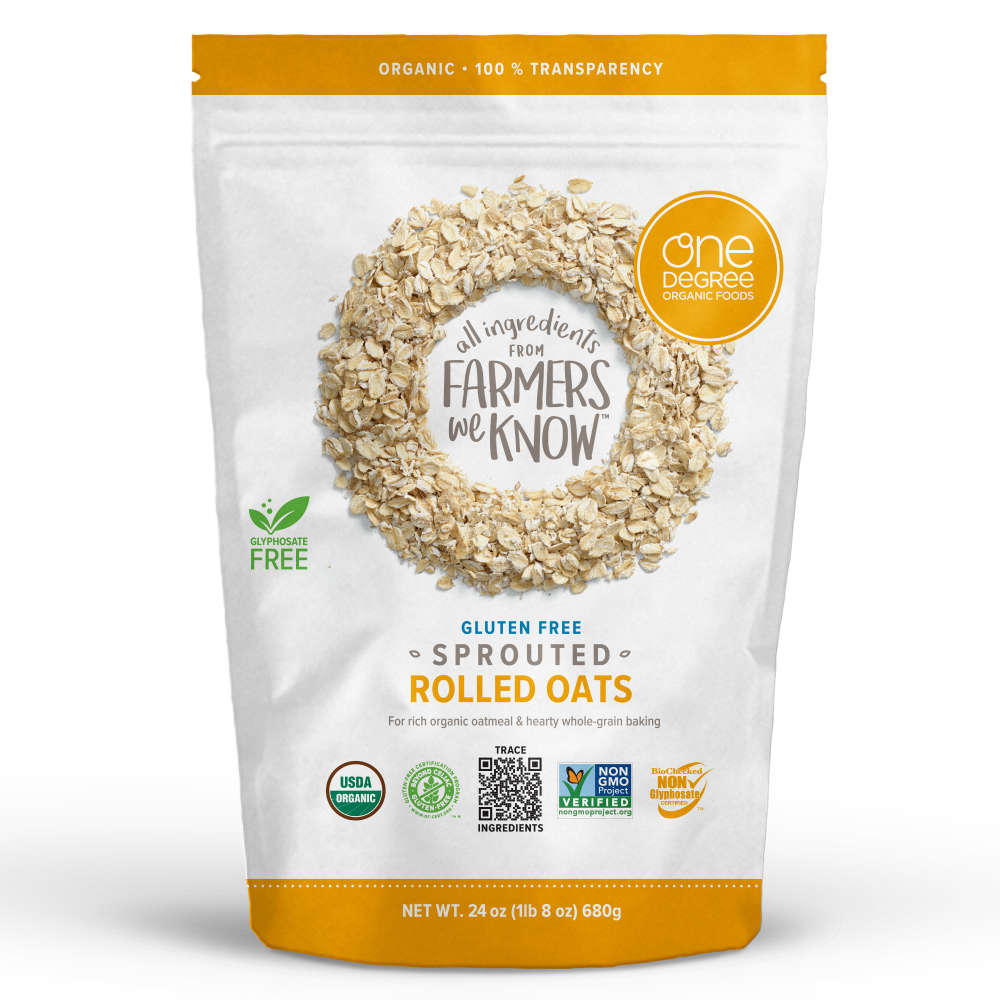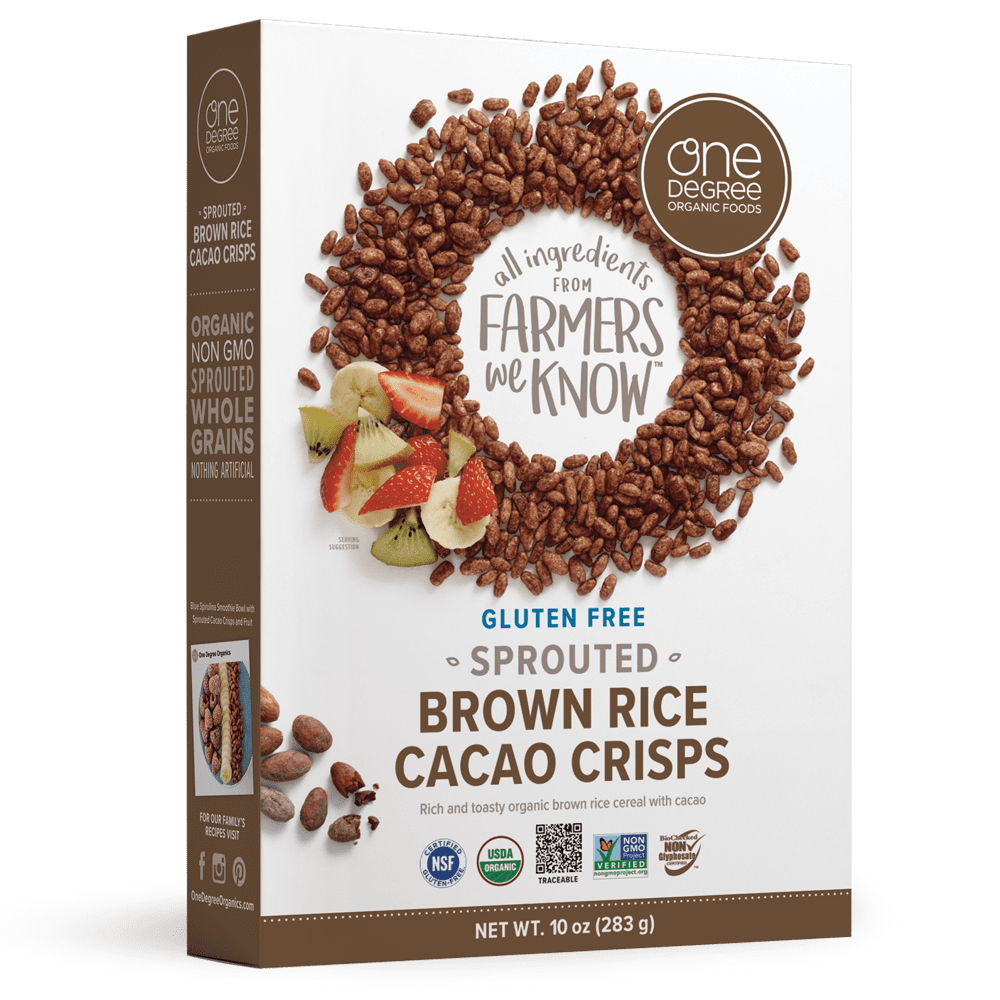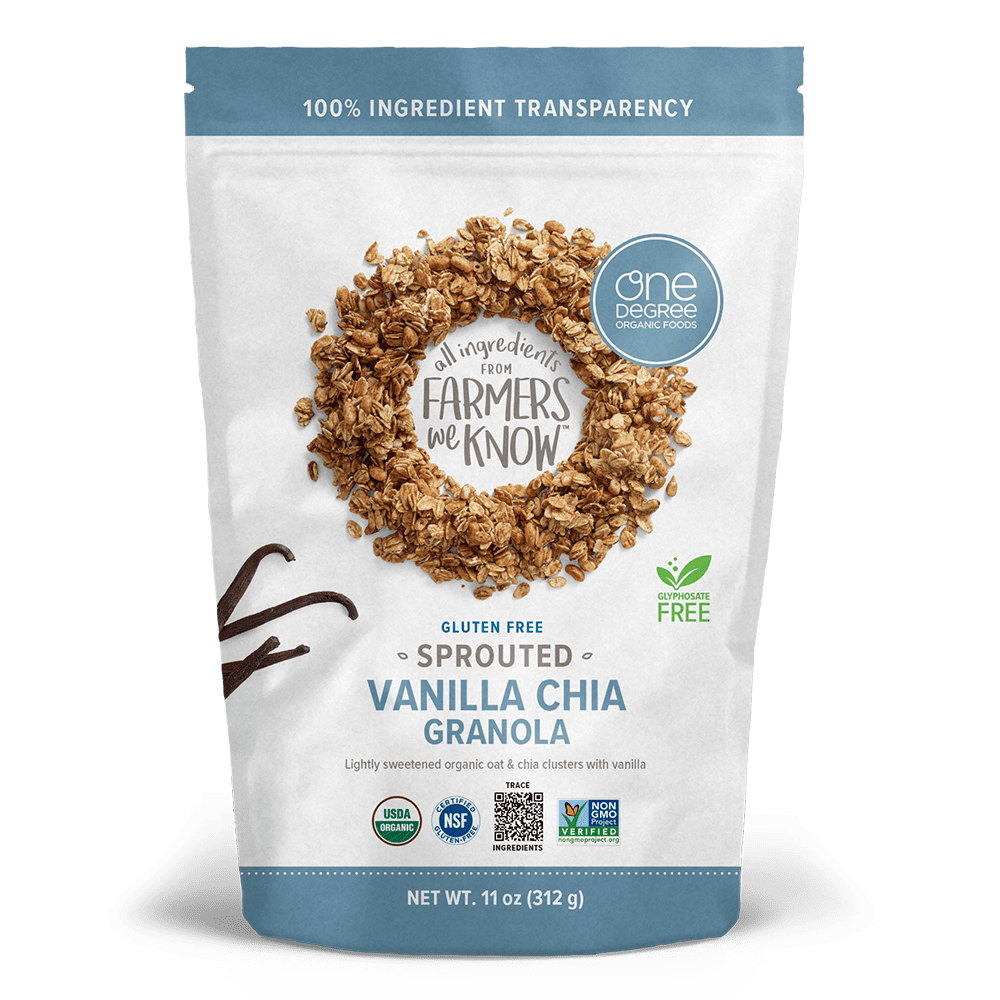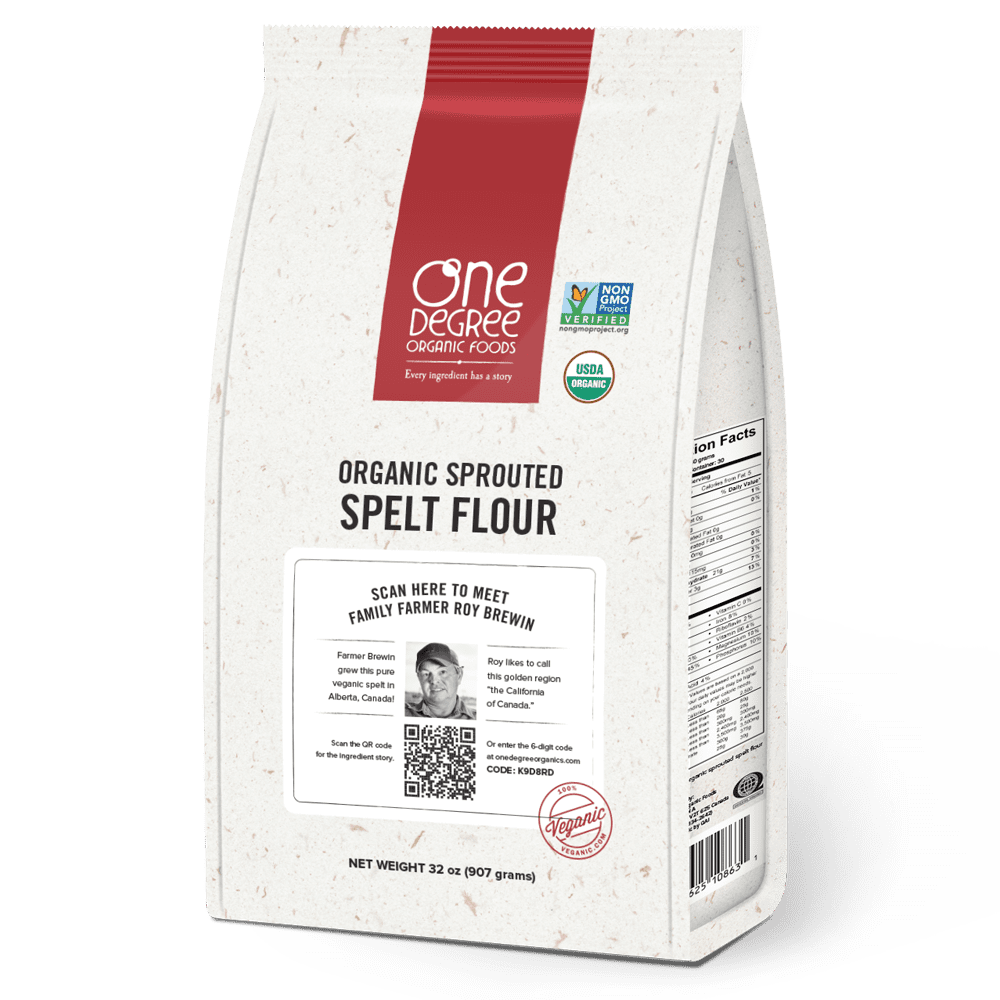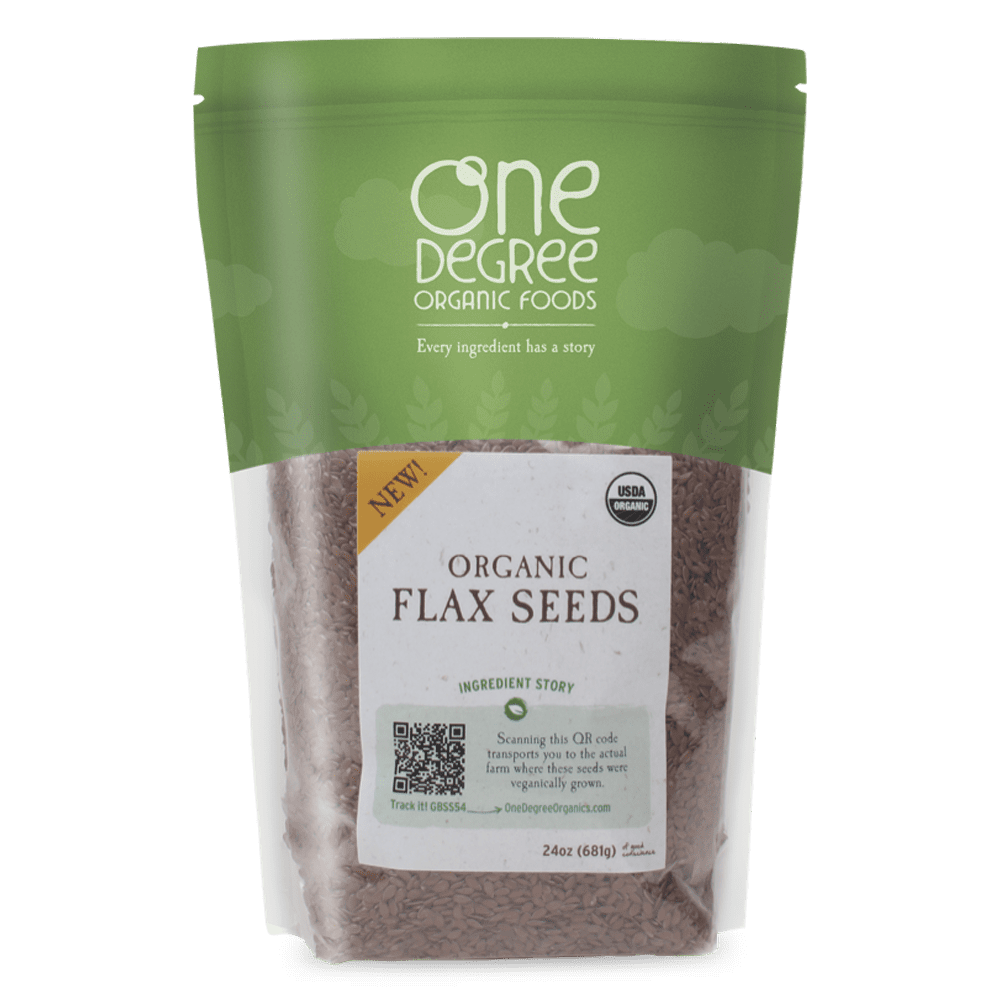Chia
Plantamex
Alberto Villalba farms in the shadow of Popocatépetl, the towering volcano that has shaped the history of this land, and enriched its soil.
Long before the Spanish arrived, the Aztecs were fascinated by the way sustenance-giving rain clouds gathered around Popocatépetl and Iztaccíhuatl, a smaller volcano to the north. In legend, Popocatépetl was once a warrior, Iztaccíhuatl a princess, and the angry plumes the result of love lost, a molten despair that never cools.
In the sixteenth century, Dominican friar Diego Durán also noticed there was something very special about the smoking peak’s domain. He wrote: “Even though its slopes are rough with cliffs and hills and the land most rugged, the hills and cliffs are thickly populated and always were so, owing to the splendid waters which come from this volcano and to the great abundance of maize and European produce which are harvested around it. The closer they are [to the volcano], the earlier [the fruit and grain] ripen and the tastier they are. I should not forget the beautiful and abundant wheat which ripens on its heights and its slopes.”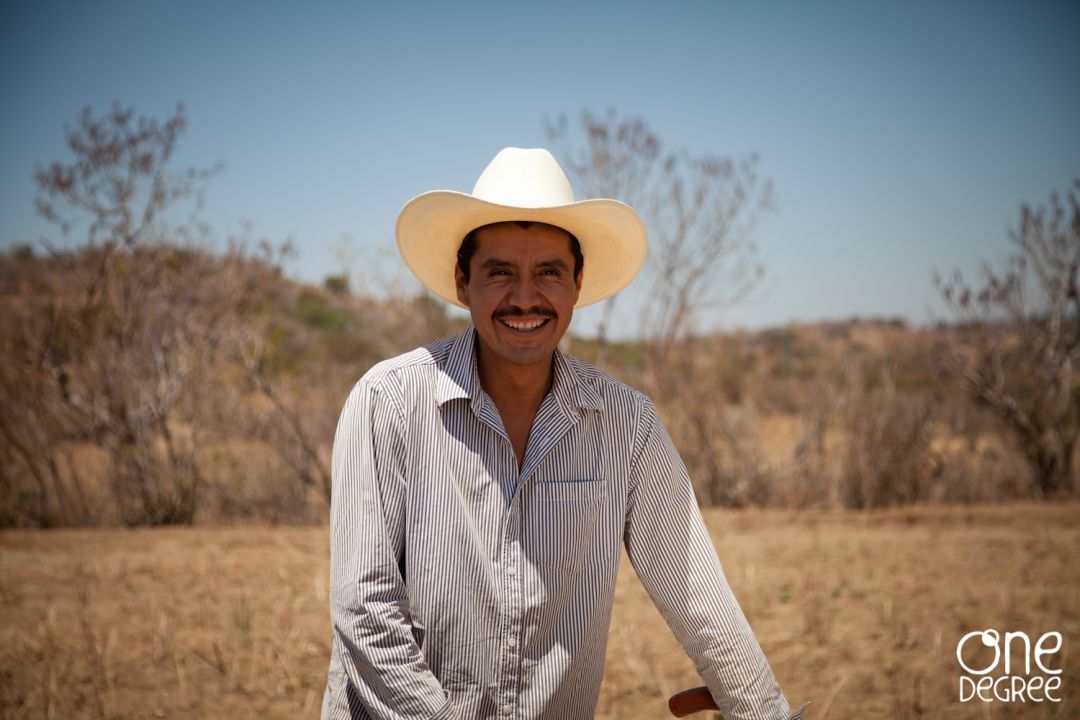
Centuries later, the mountain still fumes, and the land retains its storied abundance. Today Popocatépetl broods over a population that no longer fears it, but rather looks up with a casual sort of affection. The volcano has a nickname, Don Goyo, and its very real dangers seem abstract. It’s just part of the landscape, like the lush carpets of grains and fruits and seeds that unfurl each season from Popocatépetl’s halo of clouds to the low fields gathered before it.
On such a field, farmer Alberto Villalba labors to prepare the soil for a planting of chia, guiding a plow that is pulled across the landscape by his two horses. It is a sight that would have been familiar to his great-grandfather, who first worked the family’s precious parcels. Since that time, the family’s deep respect for nature hasn’t changed, nor the devotion to growing pure, healthy crops. But a few things are different. Now there’s a name for what the Villalba generations have been doing — organic farming, using safe veganic techniques. And now there’s someone in the community who is helping to improve efficiency and enrich the livelihoods of local farmers: Gonzalo Trajo, owner of Plantamex.
Plantamex works with nearly 50 chia family farmers, helping them grow and market abundant harvests. “Family” is the indispensable part of this winning partnership. Alberto’s wife Lourdes and their children often pitch in to plant the chia by hand in freshly plowed furrows. Son Luis, 14, is increasingly important to field operations, yoking horses to the plow and helping with many key tasks.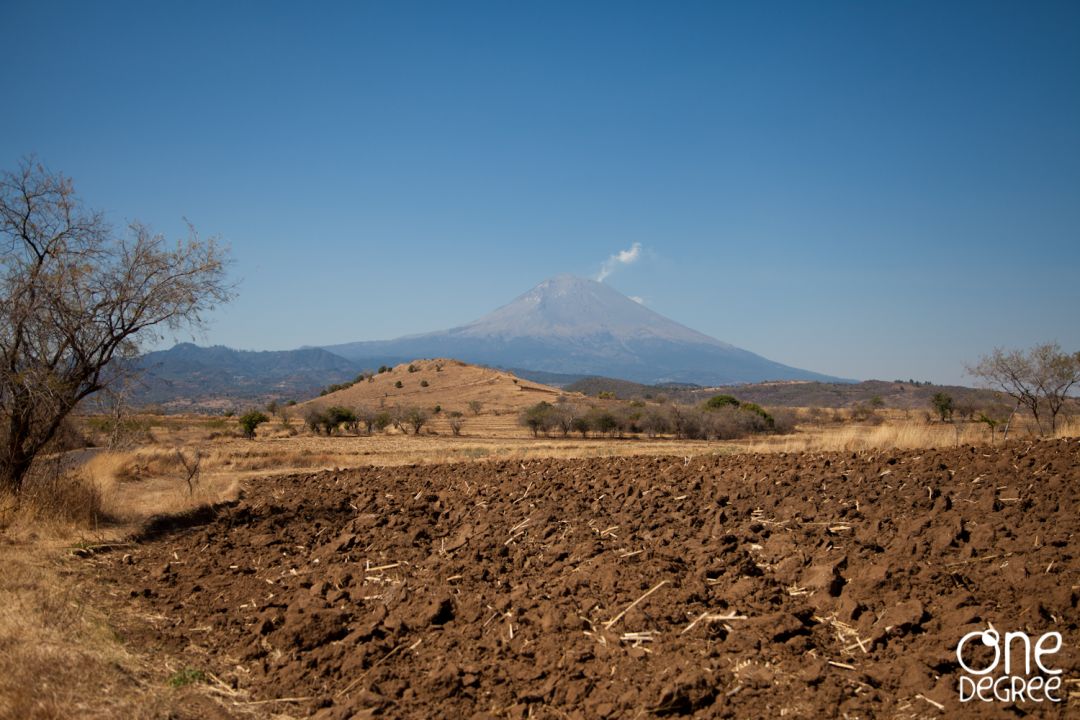
“When planting a new crop of chia, we wait for the rainy season, which begins in June,” Alberto told us. “We actually wait about one month after the rains start so that the downpours can kill some of the weeds in the field. After harvest, we dry the chia, clean it, pour it into bags, then weigh it and bring it here so it’s ready to sell to our customers.
“We grow everything organically, not just for ourselves but also for the health and prosperity of our community.
“We love our work, and it begins early each day. We have breakfast before leaving our house, and then work all day. We have one hour for lunch, and end the day at 6, or sometimes later in the evening. We need to make sure we are rested for the next day, because we start again early in the morning.”
Gonzalo’s operation, too, is a family affair. All of his children have roles in the company, with the eldest son taking the lead in recruiting farmers and training them in scientific organic farming methods.
“I met Gonzalo when he and his company came to teach us about organic chia and taught us many things we didn’t know and how to grow it better,” says Alberto. “He taught us about how to grow organic, he taught us how to make compost with tree leaves and [grow] more products without chemicals.”
Gonzalo takes a special interest in the farmers who supply chia to Plantamex. “We get to know them and everything they do, their system, techniques, the way they see the growing of the chia, and get to know them personally,” he explains. “That way they also understand how important it is to grow organic. We’ve been developing this system with families; our family teaches the other families how to grow organically, with financial support and education.”
With education comes the chance to reach for new goals and fulfill long-held dreams. Alberto now hopes to save enough to buy new field equipment, and rest his four-legged farm hands. Once, the people of this land would have carried their hopes to the mountain, and watched for a sign that the temperamental peak would set aside its grief for a day, and remember charity.
Alberto still looks to the mountain, and Don Goyo still rules the imagination with beauty and majesty and a vestige of mystery. But as for destiny, the mountain has lost once again. The farmers of Puebla have taken it into their own hands.
— Charlie Dodge
